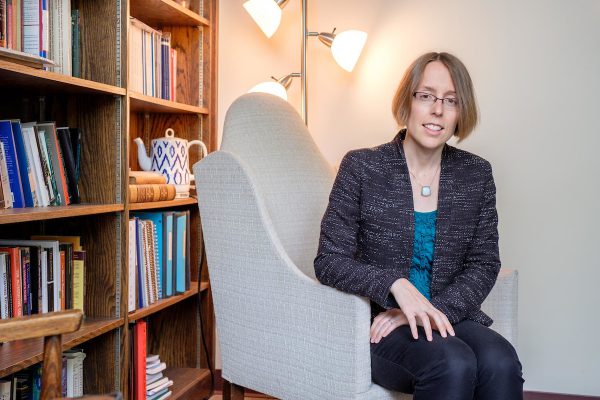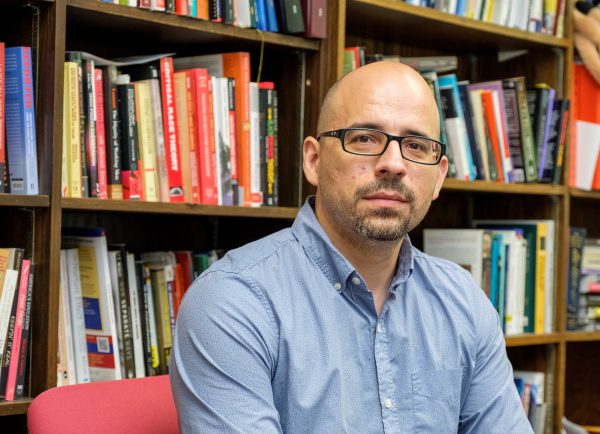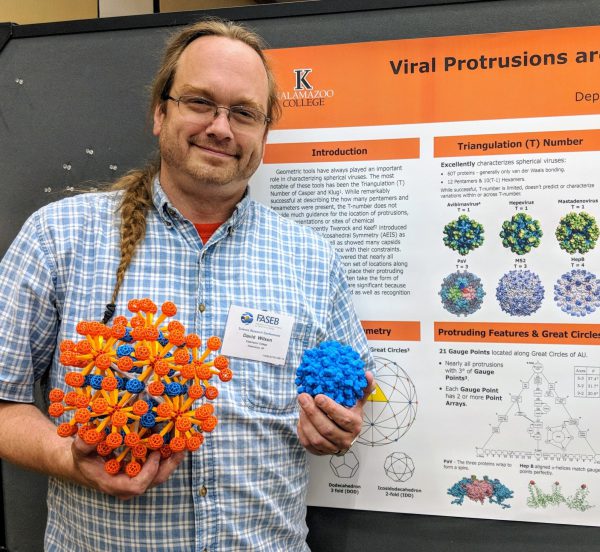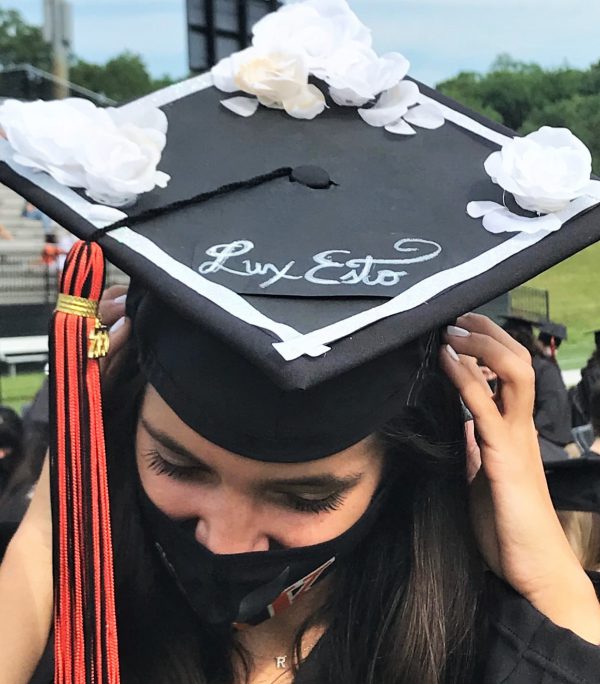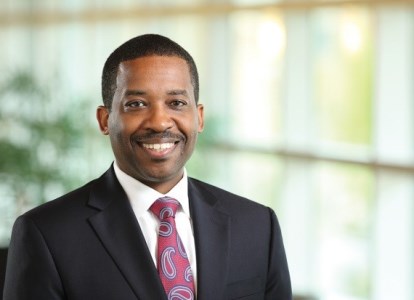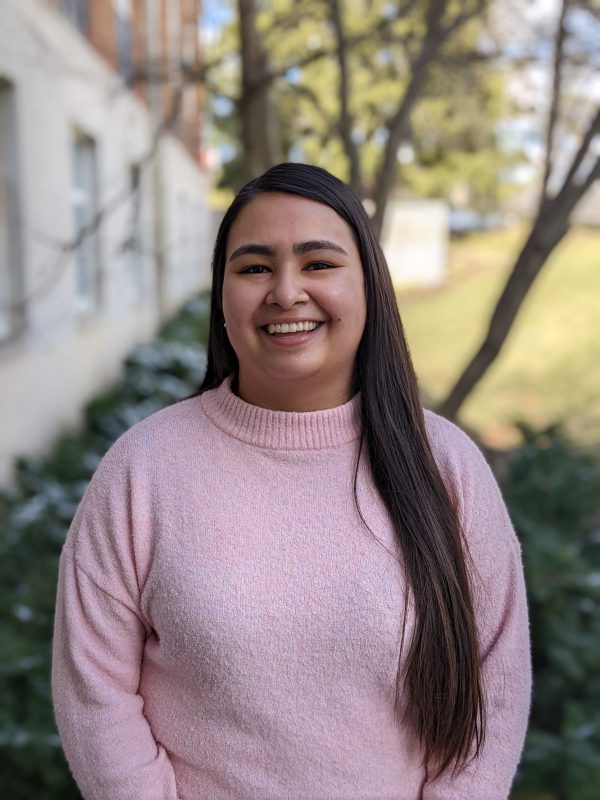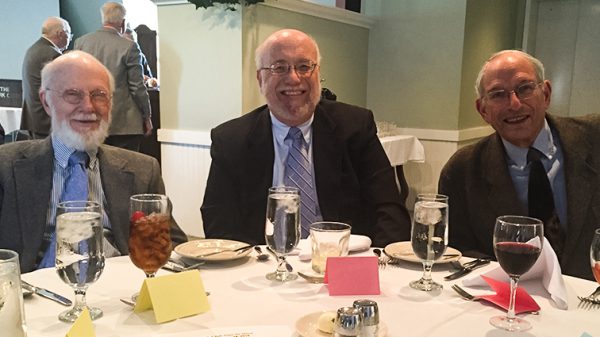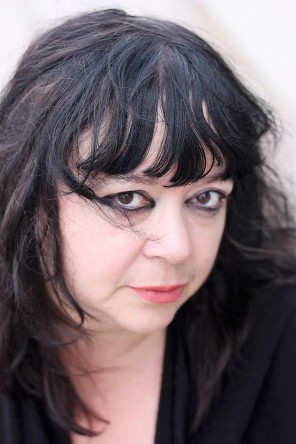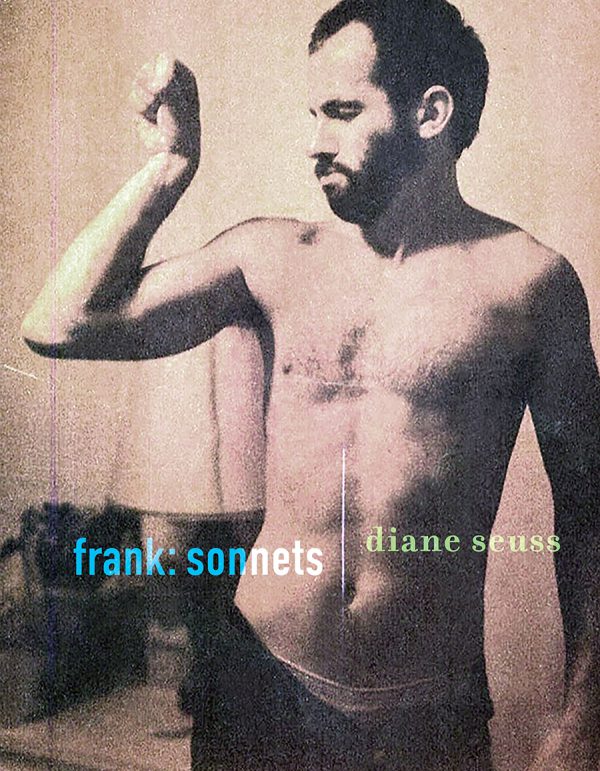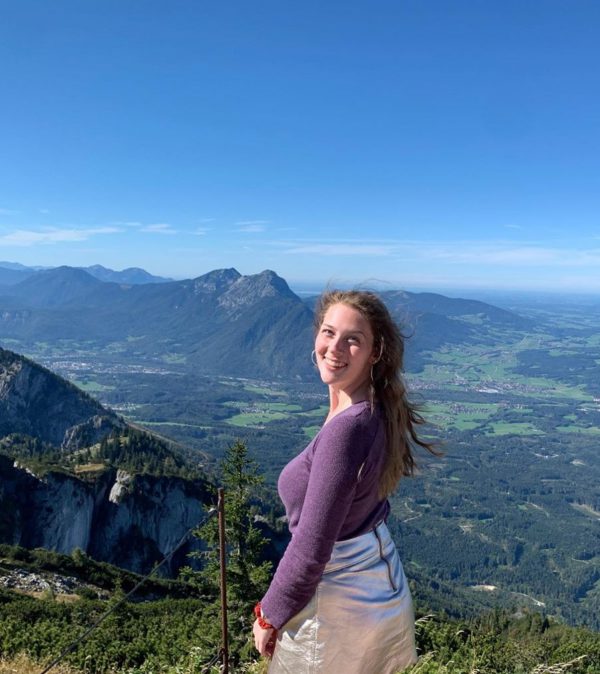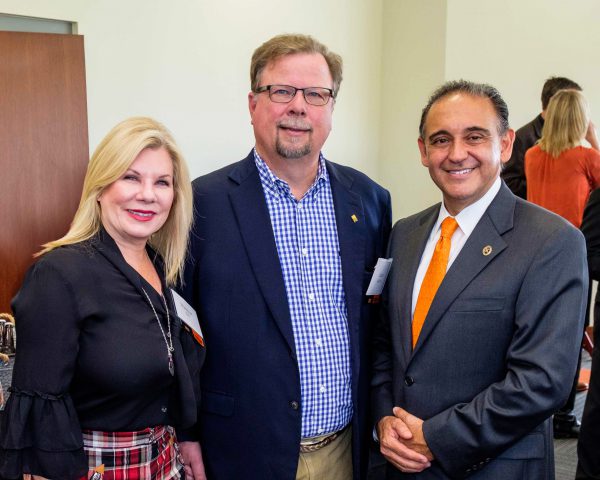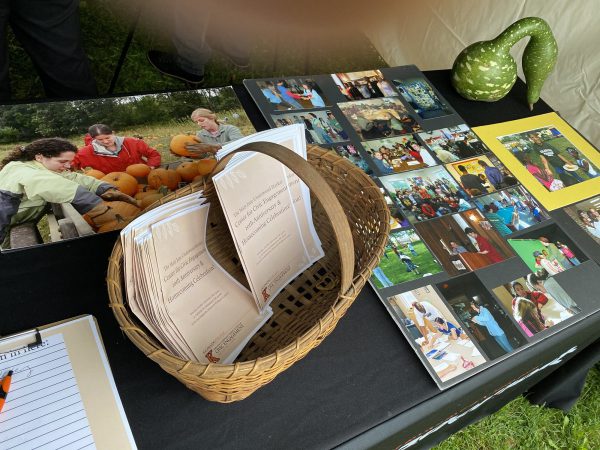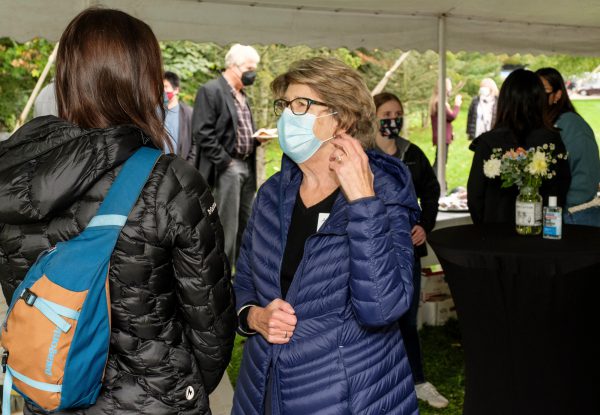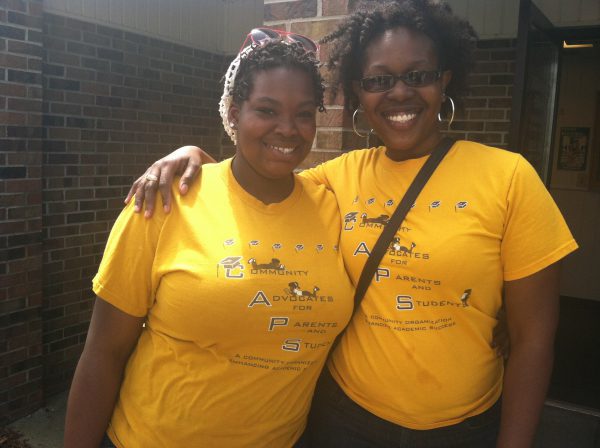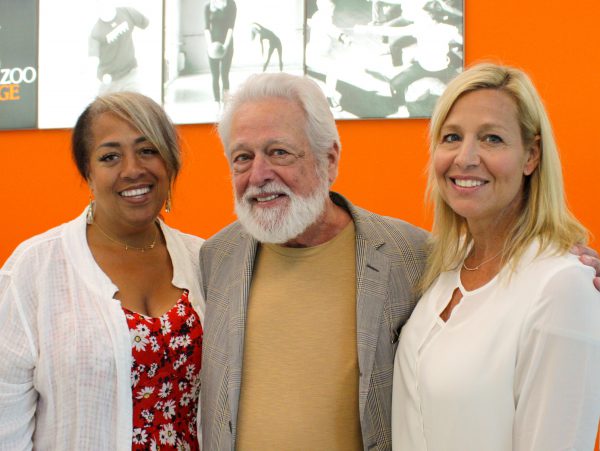
Kalamazoo College has announced a $500,000 gift in support of women’s athletics from Dana Getman ’68.
The gift establishes the Getman Endowment for Equity in Women’s Athletics, which supports the College’s strategic plan, Advancing Kalamazoo College: A Strategic Vision for 2023.
This year marks the 50th anniversary of Title IX, the federal law prohibiting discrimination on the basis of sex, which required many colleges and universities to offer a women’s athletics program equivalent to any offered for men. Historically, however, many women’s teams have struggled to achieve the same level of funding as men’s teams at K, as at other colleges, said Becky Hall, director of athletics at K.
“Achieving more equity between our women’s and men’s sports programs has been a need and a goal at K as long as I’ve been here, and a gift like this goes a long way toward making that a reality,” Hall said.
Getman hopes creating this fund will inspire others to recognize and address inequities women face in athletics and beyond.
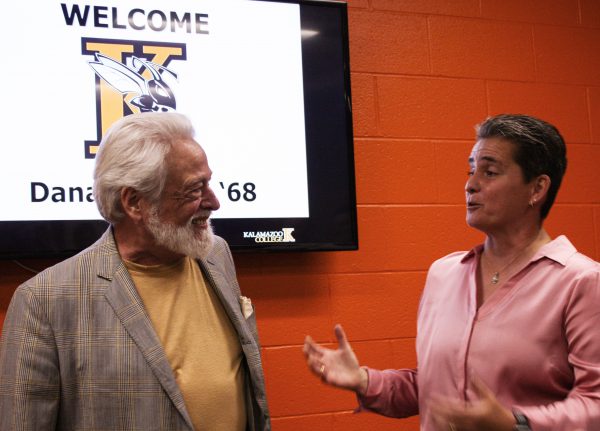
It’s an issue with personal meaning for Getman, who has three daughters, as well as four granddaughters who have been active in high school athletic programs. While one granddaughter went on to play tennis at Smith College, a women’s college, the other three have not participated in college athletics.
Recently, one of his granddaughters received several offers to play softball at smaller colleges, yet at every college and university she visited, the women’s programs fell short of the men’s. She saw discrepancies between locker rooms, field maintenance, seating and more. Ultimately, she decided not to play softball when she heads off to college in the fall.
“Watching her apply to various schools and evaluate their athletic programs and women’s softball, and then, for various reasons, giving that up, taking a pass on playing in college, is the backdrop to this gift,” Getman said. “The College may have the best intentions of equity, but it may take a long time to get there. If alumni come along and help, maybe that’s what it takes.”
Getman said that in watching his granddaughter play in the high school softball district finals recently, he was struck by how the players are athletes above all. Equity in athletics, he feels, can help promote equality in all areas.

Getman said he trusts the athletic department at K to be good stewards of the endowment. He knows the needs are great and hopes other supporters will come forward to contribute.
One of the first plans for the endowment is to add Hornets vinyl wall wraps to the women’s locker rooms to make them more personalized and welcoming, Hall said, and more on par with the men’s locker rooms.
“We plan in the future to use this fund to support and enhance equity in our women’s athletic programs’ operating budgets,” Hall said. “We also hope to fund additional staffing in the future to benefit our women’s teams.”
Getman has been a previous supporter of the Athletic Field Complex and the Fitness and Wellness Center. In his time at K, he studied English and worked for The Index selling advertising.
“In my first two or three weeks, I came to the uncomfortable conclusion that everybody on campus knew more than I did,” Getman said. “Living in that milieu, or society, was very exciting, meeting with people, discussing ideas and discovering new concepts. It was always stimulating and a fun place to be.”
At that time, Getman joked, the best English students wrote for The Index, the next-best took photographs, and he fell into the third category, those who ended up selling advertising.
“I wore a steady path down to the walking mall and got to know all the secretaries on each floor in the Gilmore building,” Getman said. “There was a jewelry store where I said, ‘Well look, the College is where guys propose—of course you want your name out there.’ And they placed an ad.”
Following his time at Kalamazoo College, Getman returned to his family’s business, guiding its evolution from building equipment that transported concrete that aided in the construction of the Mackinac Bridge to becoming a leading, worldwide supplier of safe and efficient mining equipment. He has led the Getman Corporation in multiple capacities for four decades, including his current role of chairman of the board.
“We are grateful to Dana Getman and to all our donors for their generosity and support,” Hall said. “Our goal is to continue to raise the bar, to make them proud, and to work hard every day to impact the student-athletes in our women’s programs in a positive way. Our coaches know the responsibility and power they hold, and they hold it with a lot of pride, a lot of passion, emotion and enthusiasm.”
If you would like to contribute to the Getman Endowment for Equity in Women’s Athletics fund and support women’s athletics, please make a gift online.




